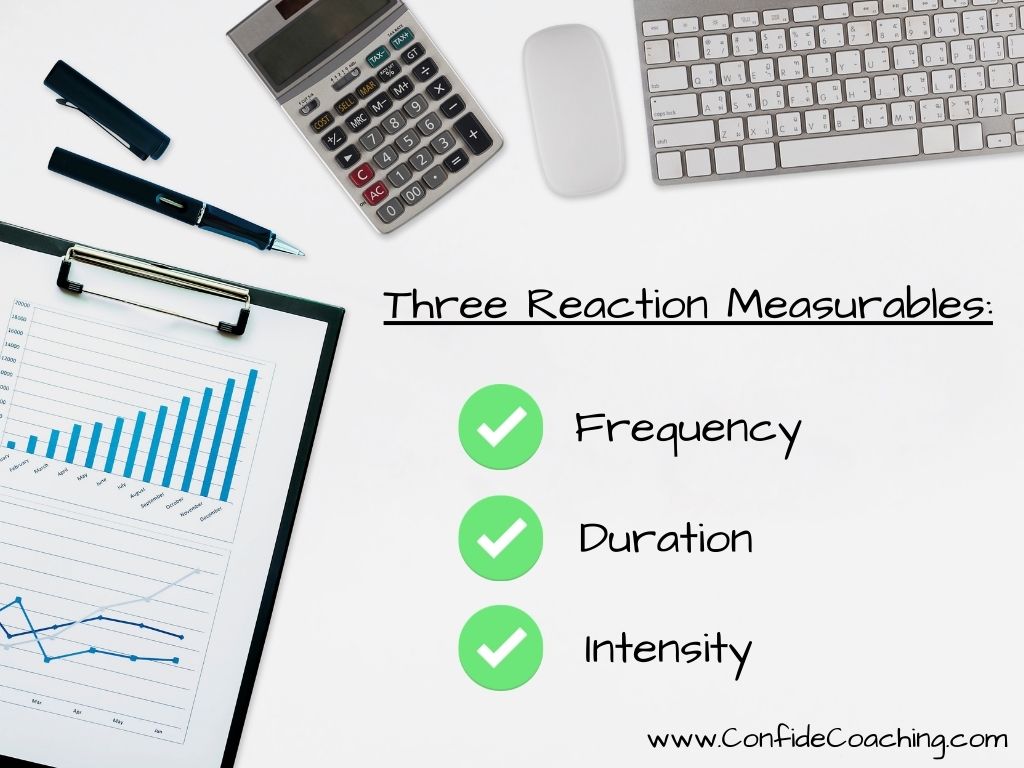
When it comes to a financial goal like reducing debt, it’s very easy to look at your budget, make some changes and see the result. If you want to improve your marathon time, you can simply use your watch as a direct, tangible measurement of your mile pace. But what do you do when it comes to personal development?
But what about personal growth? How can you measure whether the changes you are putting in place are making a significant difference in your self improvement?
The Science of Journaling
Just like in a budget or weight goal, you have to first begin where you are. The only way to look back historically in order to compare the difference is to really observe and take stock of where you are right now. While technology is certainly helpful in most aspects of our lives, when we journal to improve mental health or personal growth, science says that nothing beats a pen and paper.
How long does it take you to recover emotionally after negative feedback from your boss? How easily do you speak up when you know that few people in the room agree with what you are about to say? And, how often do you find yourself people-pleasing in social situations versus just being yourself? What impact does it have on your personal development?
Humans have a tendency to look at things as very black and white. “I’m still reacting to her criticisms.” “My weight-loss habits didn’t work because I only lost a few pounds.” Then you get to beat yourself up for being stupid or having a lack of discipline. Aside from some self-compassion and speaking to yourself more like a GPS to get back on track, there are three metrics you can start tracking to measure whether your efforts are paying off: Frequency, Duration and Intensity.
Frequency
A client recently told me that his habit of waking up at 7 a.m. every day wasn’t working. When I asked him to elaborate, he said he only did it 4 times last week. So I asked him how many times he did it the week before and he laughed, “None” he said, continuing to chuckle at himself. He went from zero to four in one week! He was so focused on the days that he hit the snooze bar and “failed” that he wasn’t able to notice the improvement or personal development right in front of him!
What do you want to do more of in your personal and professional life and what do you want to do less of?

Duration & Intensity
Duration and Intensity are two measurements that are intertwined. If there is a less intense reaction, then you will certainly experience a reduced duration.
Emily’s mother is very critical of her. And while Emily knows she’s not the only one with a critical parent, one negative comment from her mother can put her in an emotional tailspin for weeks. It affects her romantic relationship and she can’t concentrate at her job very well. She has one thought after another that teeter between self-criticism to feeling victimized. She wants to get off the emotional roller coaster.
When Emily started to work on her own reactions with her mother, she was initially very frustrated. Although she has a better understanding of her mother’s behavior, she still finds herself reacting and feels out of control. Her mother pushes the button and she dances like a toy monkey.
But then Emily went back to her journal where she had written her thoughts and feelings for the last few months. She noticed that, on a scale of one to ten, the intensity of her reactions started to average less. Consequently, she was able to recover and be herself in a matter of days rather than weeks!
She started to see he progress, and not beat herself up so much for reacting yet again.
How long does it take you to recover from difficult situations? If you’re not measuring it, how will you know when you improve? What about your personal development?
Develop the Habit
You must develop a routine of tracking the things you want to improve. Whether you use a habit tracking app, or write things down in your Bullet Journal, it is absolutely essential to be able to see if your efforts are paying off. Keep track of frequency, intensity and duration of difficult situations. It can have you noticing improvement where previously it seemed like you were still stuck.
p.s. – Are you ready to step off the cyclical roller coaster? Why not book an appointment for a free session now?

Paul Strobl, MBA, CPC
Owner of Confide Coaching, LLC
Paul is a Master Life Coach for GenX and GenY executives and business owners. Originally from Houston, Texas, he has been location independent for most of his adult life. He currently resides in the Rhodope Mountains of Bulgaria near the Greek border with his brilliant wife, 14-year-old stepson (officially adopted in 2021!) and a Posavac Hound rescue.

